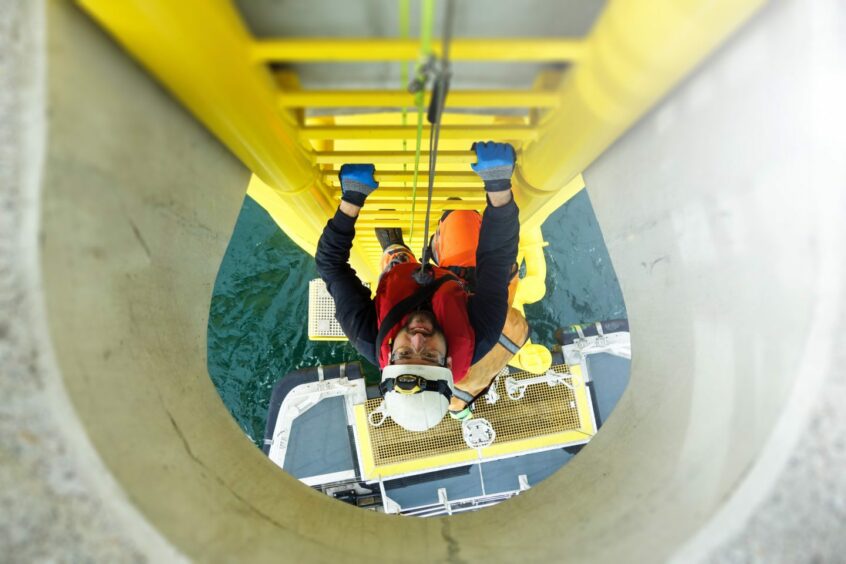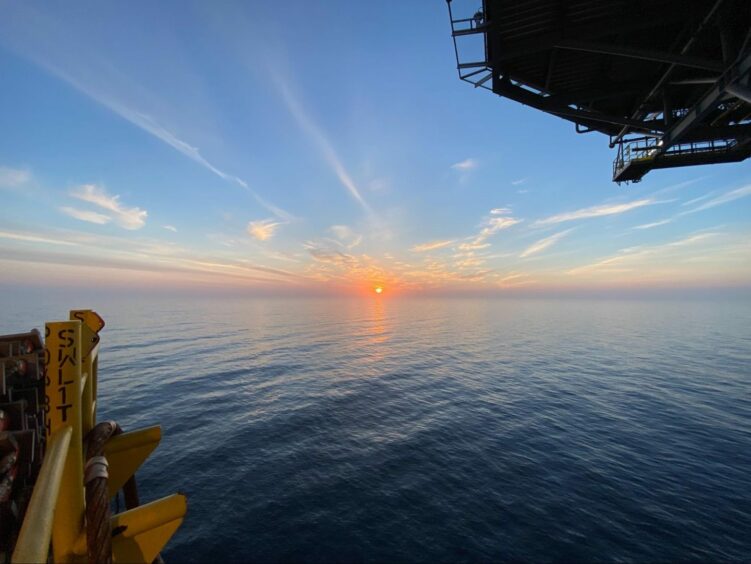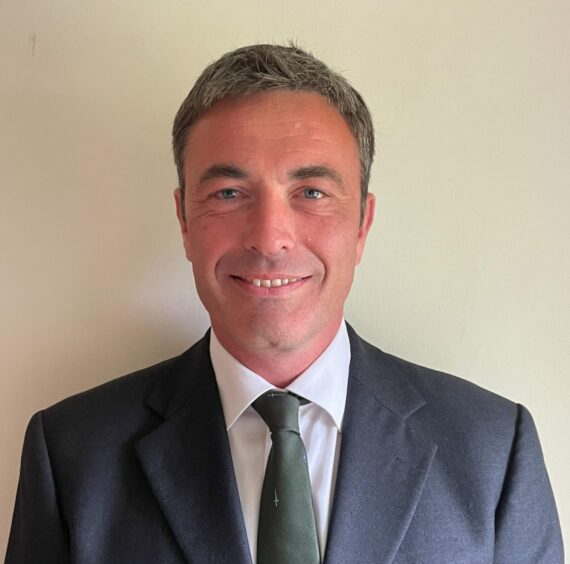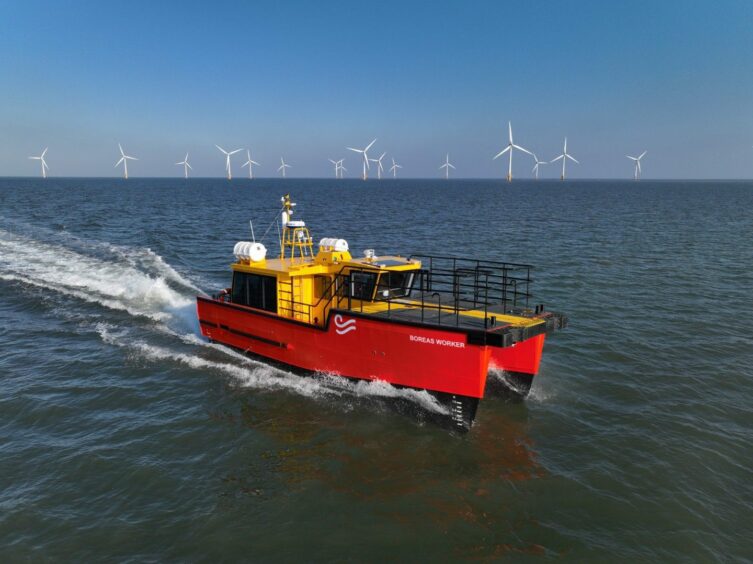
For the past two decades RMI has been working hand in hand with the offshore energy sector to help ensure it operates as safely as feasibly possible.
Headquartered in Houston, the company – otherwise known as Remote Medical International – provides medical support and risk management services from “Finland, right down to Australia”, including to various operators in the North Sea.
Such a vast geographical reach means that as well as working in an indisputably hazardous industry, RMI’s medics have to go about their job in some of the world’s toughest environments.
“There have been a number of changes in the industry since we formed in 2003,” says Alex Janzen, RMI’s chief operating officer, “the biggest shift in the last few years has been the move from being reactive to proactive. That’s a mind-set swing within the industry.
“We’re there to make sure that firstly incidents don’t occur. That’s a responsibility of the health safety and environment (HSE) team, and we’re seeing an increasing demand for dual role HSE medics.
“There has also been an uptick in the focus on mental health, particularly post pandemic. There is now this drive to have the best quality forward loaded medical capability that you can get.”
It may have taken a while, but there is a growing appreciation of the toll that spending weeks, or even months, in a high stress setting, and away from family and loved ones, can have on people.
To give one example the International Association of Drilling Contractors (IADC) this year launched a new charter to support oil and gas workers dealing with mental health problems.
“I would draw distinct parallels between the offshore energy sector and the military,” explains Janzen.
“What I mean by that is the nature of people that are employed in those sectors, the somewhat macho environment of them, and the potential unwillingness to talk about challenges.
Stress a natural response to perilous environments
“One of the one of the biggest and most important things we can do is to normalise the conversation; make it more usual to talk about mental health and the support that is there.
“For example within RMI we’re running a month long session with all our corporate staff on how they can build their own mental resilience and put it in place. So if they are feeling stressed or anxious, there are processes to deal with it.

“At the same time we are normalising the fact that those feelings are normal, and that actually they keep us alert, keep us aware of our environment and, in many ways, keep us safe. It’s when the stress gets beyond a certain threshold that it actually becomes dangerous, and that’s an acute issue in the energy industry.”
Managing emerging risks
Much like the rest of the industry, health and safety bosses are facing up to the new risks that the energy transition will inevitably throw up.
Low carbon power sources – be they wind turbines or hydrogen pumps – bring their own unique hazards, and companies must continue to be proactive in mitigating them.
It is an area RMI knows well having been involved in the UK’s offshore wind industry since the early days – and the firm continues to be at the forefront.
As well as providing support to developments on the east coast of the US, the company is supplying on-site medics for Equinor’s 3.6 gigawatt Dogger Bank development, on course to be the world’s largest wind farm.
Once all three stages of the mega-project are complete it will comprise almost 300 turbines peppered around the Central North Sea, each one of them a potential hazard.
Janzen said: “It is a unique and challenging environment. If you have a casualty that is part way up a turbine then there are a huge number of things to consider in terms of getting them down to a crew transfer vessel.
“The recovery procedures are something that our staff are well trained in, and something that our clients teams are well trained in too. There are risks that we acknowledge, we understand and we mitigate.”
Recommended for you


 © Supplied by RMI
© Supplied by RMI © Supplied by Chartwell Marine
© Supplied by Chartwell Marine